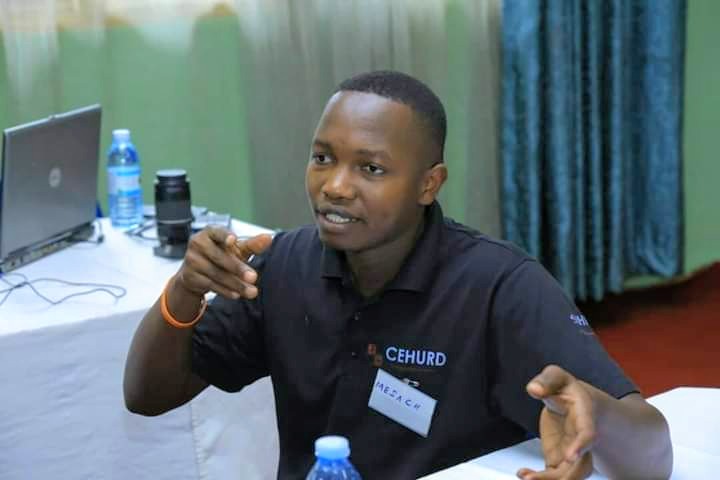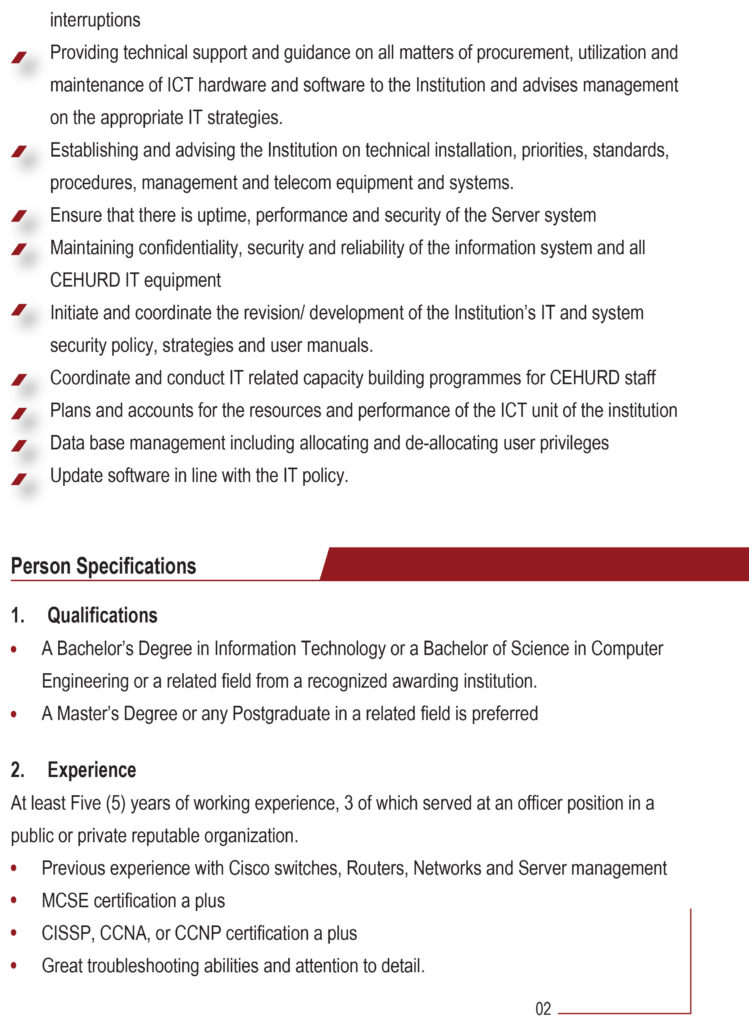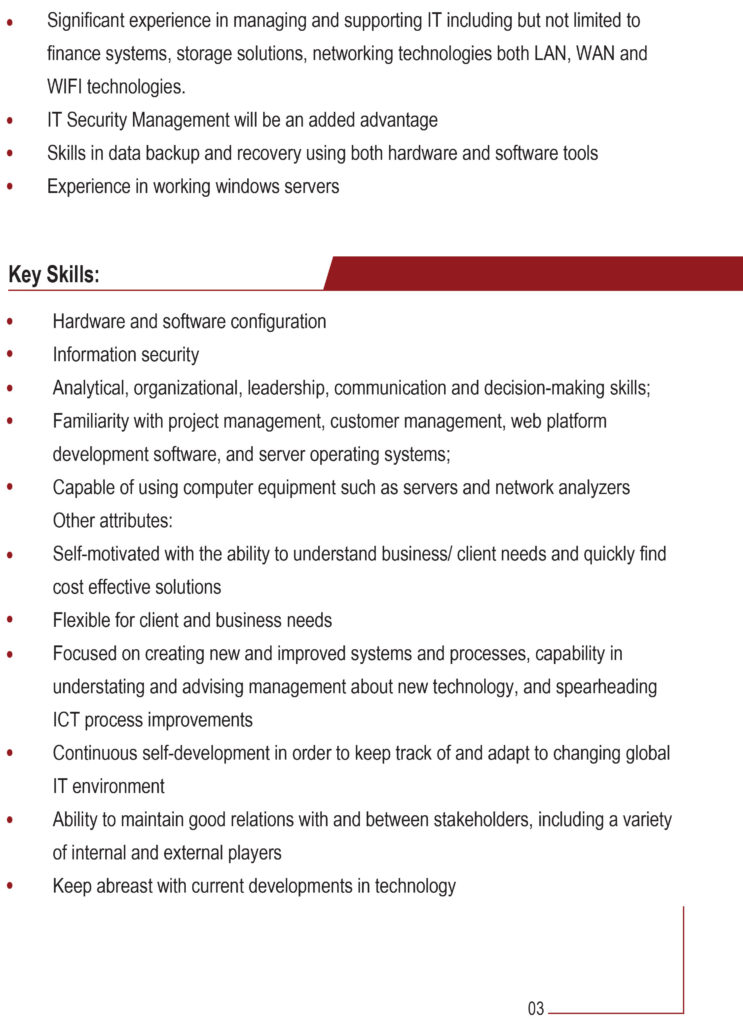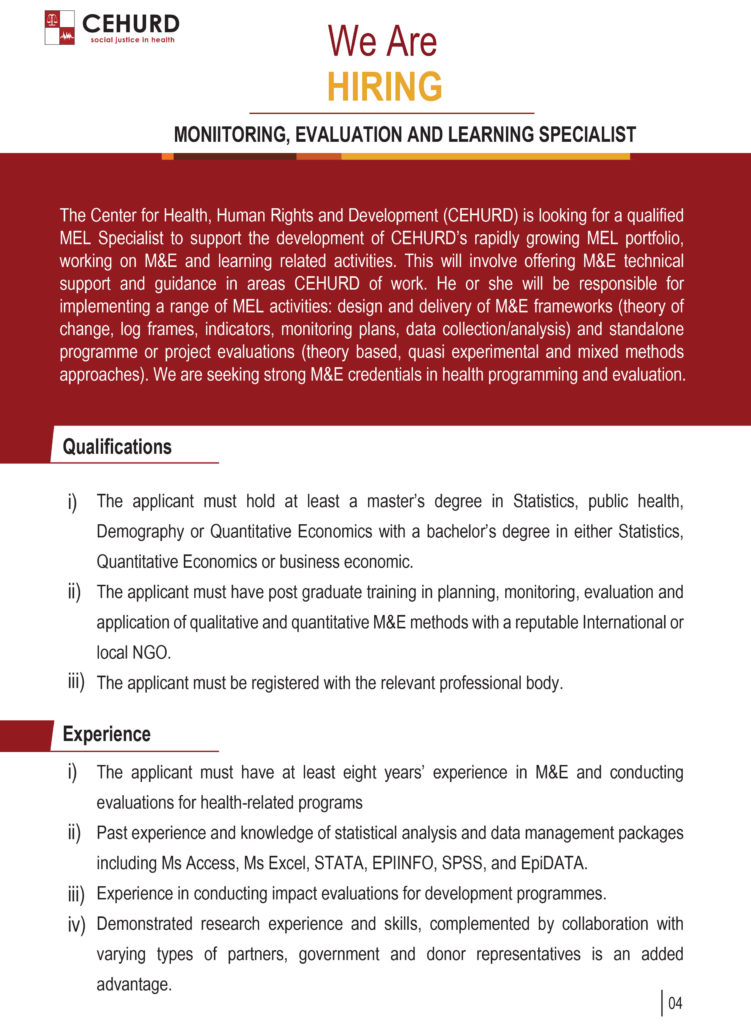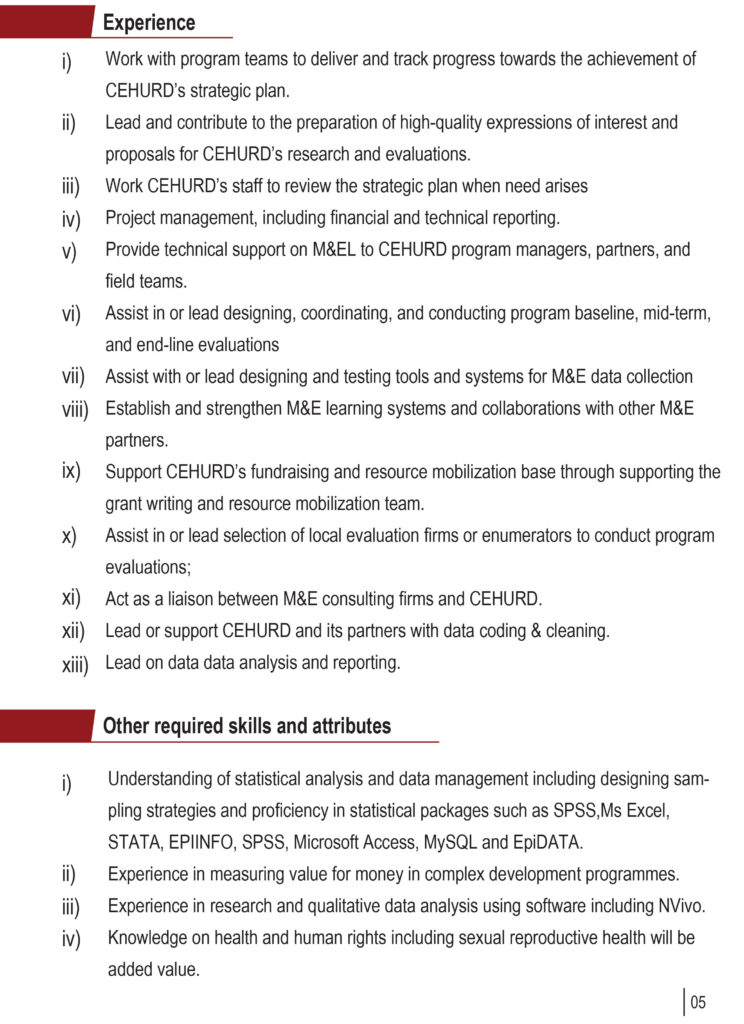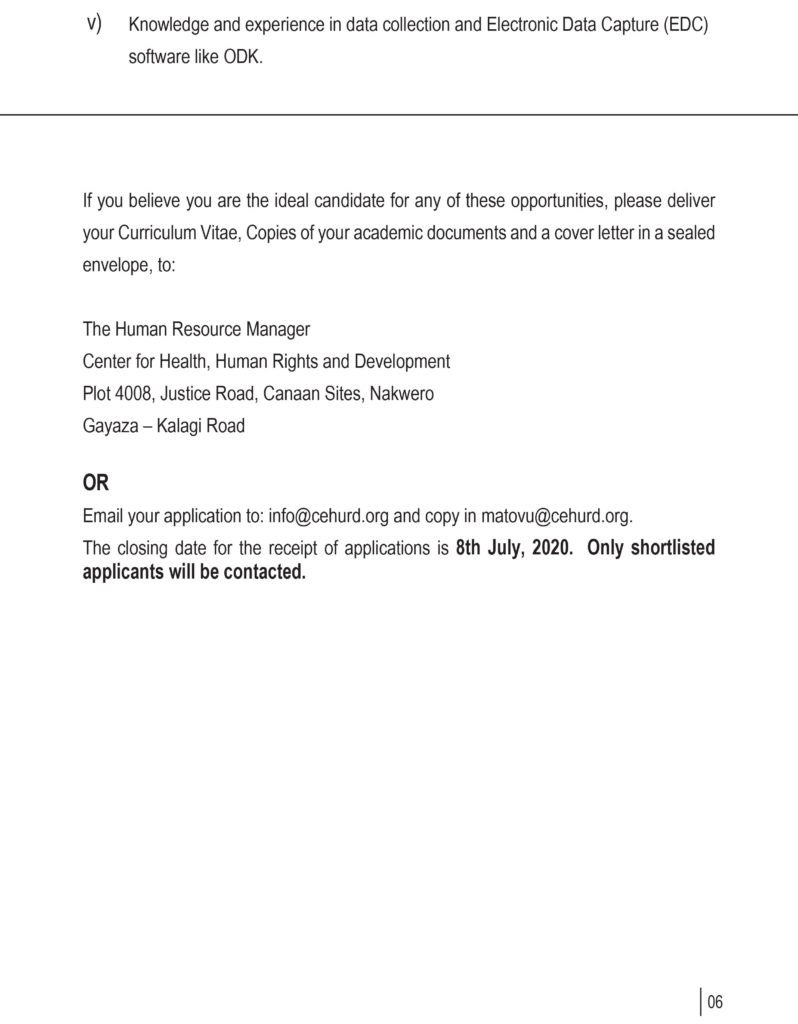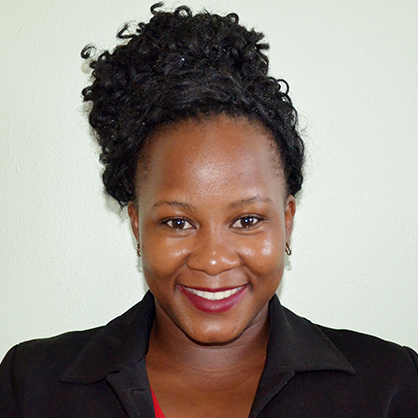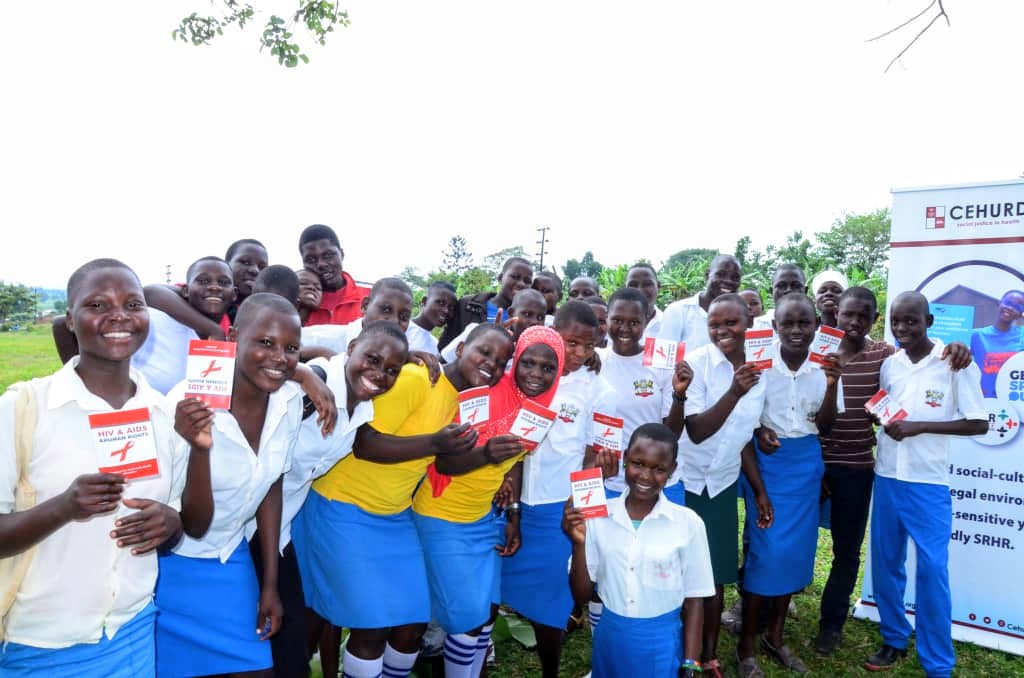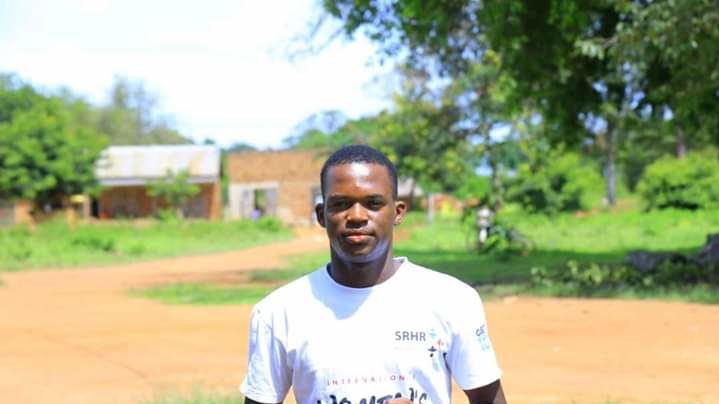My name is Mesach Makumbi, a 24-year-old from Magamaga Town Council in Mayuge District. I am a young leader in my society, as a Community Health Advocate (CHA). I was trained by the Center for Health Human Rights and Development (CEHURD) to undertake community advocacy and guide young people to go through a better healthcare system as well as help the voiceless to be heard and get involved in emerging health issues.
As a young leader, I am concerned that some of the measures the government of Uganda has adopted to curb COVID-19 water down our efforts to advance sexual reproductive health rights (SRHR) in our communities. In a bid to curb the spread of this pandemic, the state came up with directives however, these have indirectly affected young people in accessing services to their Sexual Reproductive Health needs as follows;
1. The President’s directive suspending both private and public transport in order to prevent the spread of COVID19 has affected young people’s accessibility of SRHR services as most of them travel long distances using public transport. A case in point are the young people living with HIV who can only access their ARVs from health facilities which are not within their district of residence hence risking their lives.
2. The ban of group interactions to ensure social distancing has barely left young people with no access to information on SRHR. Not all young people especially in rural areas like Mayuge have access to radio, TV or even social media platforms to keep informed of SRHR in this era. This diminishes our efforts as CHAs andits therefore imperative that we think ofavenues that allow young people access SRHR information asthey are continuously engaging in sexual intercourse and chances of recording teenage pregnancies and related unsafe abortions are high
As a young leader I took the responsibility of visiting a health center to understand services available for young people during this time. The health workers indicated that they lacked protective wear e.g. mask, gloves to attend to the young people since they might acquire the COVID-19 from them; shortage of SRHR services arising from the government and NGO’s failure to supply due to COVID-19; very few health workers are able to reach and attend to the patients since a number of them come from very far and they cannot walk to the health facilities; Patients seeking medication for flu and cough are not treated by health workers- they developed stigma for COVID and work with a lot of fear
I call upon the government of Uganda to take these SRHR issues as a serious matter and come up with possible solutions in time because young people who are positive living are not accessing their ARVS, there is no access to SRHR information. I accordingly propose the following interventions:
a. Therefore the government should provide protective gear to health workers in order to enable the smooth running of their work
b. They should stock SRHR needs for the young people in the facility and put in place any means of transport which is ready to deliver these SRHR products to the needy ones once they fail to do so young people’s life are at high risks.
The writer is a community health advocate in Mayuge District

